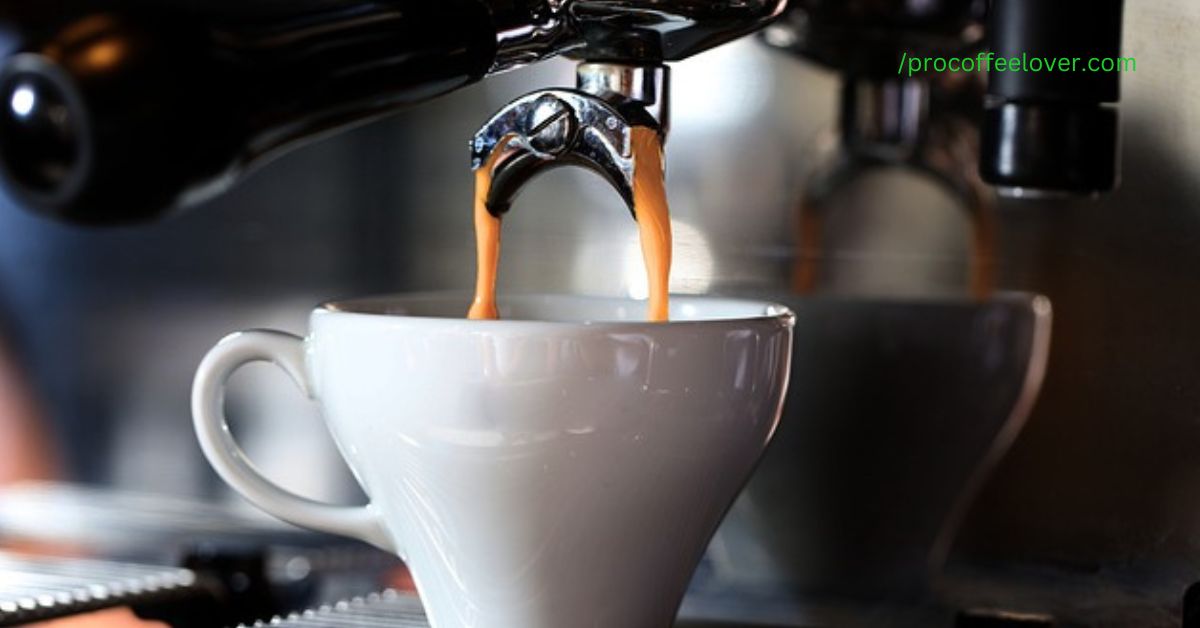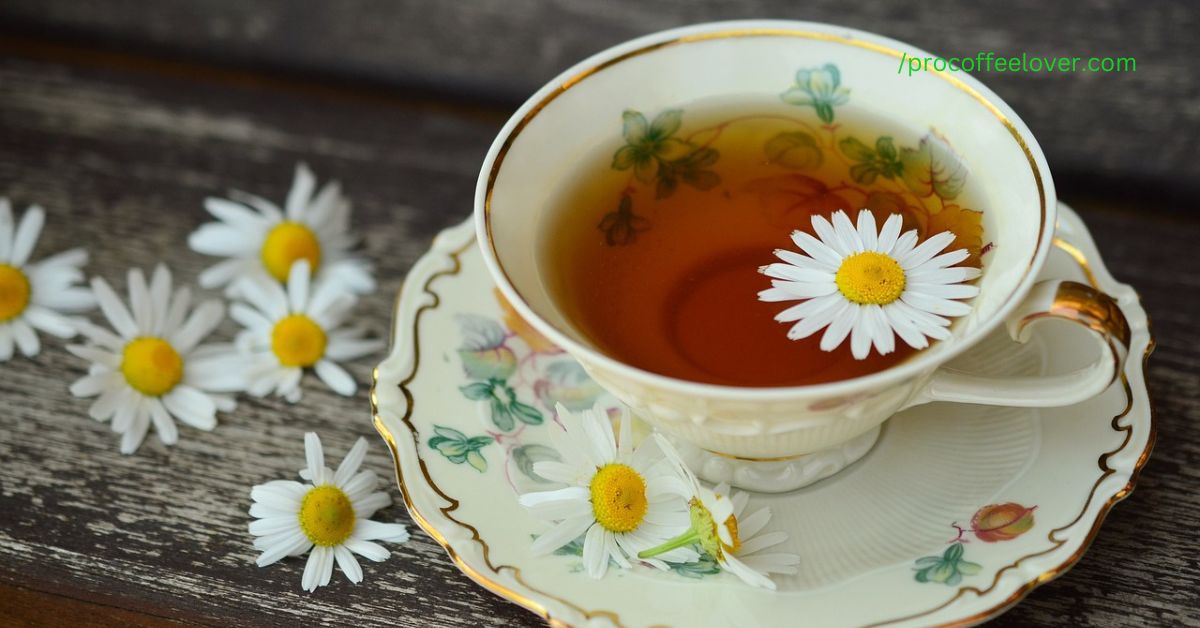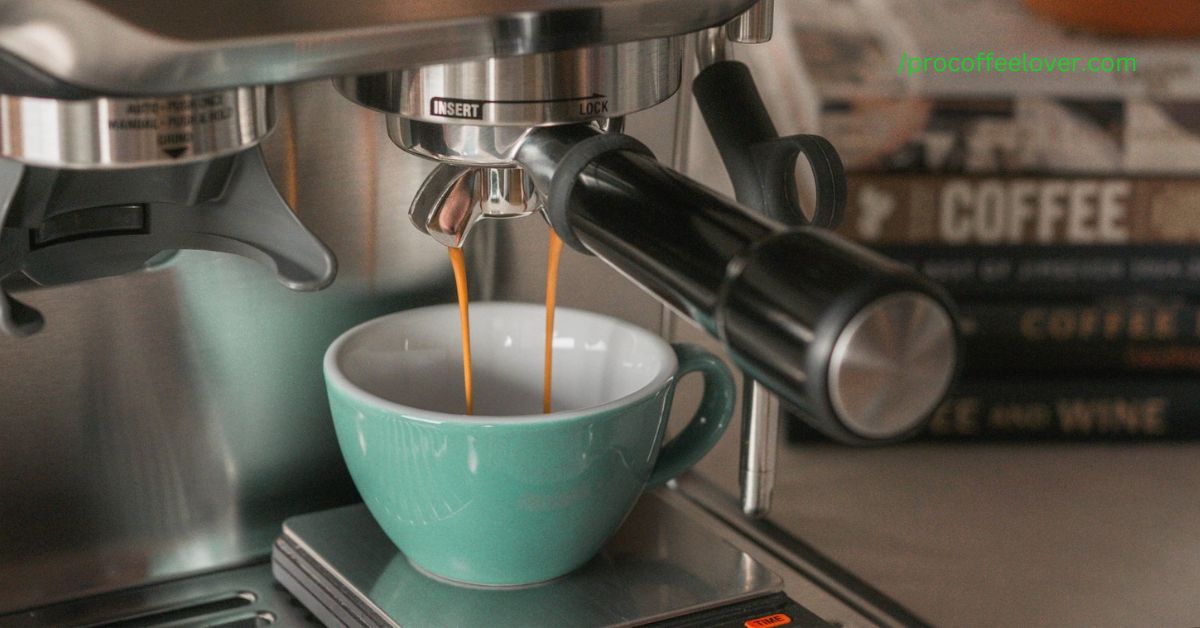Bitter Espresso is a coffee-making method using hot water, a shot of Espresso, and coffee grounds. It is similar to a regular espresso shot but with an added layer of bitterness.The process involves pushing the hot water through the coffee grounds in a coffee machine or using manual pressure to extract the sour taste of Espresso.
The resulting drink has an intense flavor, with hints of bitterness from the residue left behind from the coffee grinds. Bitter Espresso can be served black or with milk and sweetener for those who prefer it sweeter. Why is my Breville Espresso bitter?
If you’re experiencing a bitter taste in your Breville espresso, it could be due to several factors. The most common causes are the wrong grind size of coffee grounds or insufficient hot water to extract the flavor from the settings. After use, more coffee residue may be left in the machine, or the grinds must be updated and stale.
What Is Bitter Expresso?

Bitter Espresso is a new way of making strong coffee that combines the strong flavor of Espresso with the smoothness of cold brew. It is made using a unique brewing method that combines cold water, coarsely ground coffee, and an extended extraction time to create a bold and flavorful cup of coffee.
Bitter Espresso is becoming increasingly popular among fans looking for an intense yet smooth cup of coffee. With this new brewing method, you can enjoy Espresso’s taste without worrying about over-extraction or bitterness.
Why Would My Breville Espresso Be Bitter?
Why is my Breville Espresso bitter? Coffee lovers often come across a bitter taste in their Espresso. This can be unpleasant if you’re used to a smooth and delicious cup of coffee. This article will guide you with the causes of such bitterness and how to avoid it with your Breville espresso machine.
So, why does my Espresso taste bitter? The most common cause is the type of coffee bean used or its grind size. If the beans are young enough, the resulting Espresso will be bitter. Similarly,
if the grind is too coarse for an espresso shot, the grounds won’t be adequately extracted, resulting in an under-extracted espresso that tastes bitter. So, why does my Espresso taste bitter? Improper water temperature or
brewing time can also lead to a bitter taste in your Breville Espresso Machine. With this new brewing method, you can enjoy Espresso’s taste without worrying about over-extraction or bitterness.
Also, see more about can-you-drink-coffee-with-amoxicillin
Reasons Why Your Breville Espresso May Be Bitter

Brewing a great cup of Espresso is an art and science. If you own a Breville espresso machine, you may have experienced bitter-tasting Espresso. This can be caused by grind size, brew time, finer grinds, coffee oils, dark roast coffee beans, and even the type of coffee you use.
We will look at each factor in detail so that you can make sure your Espresso tastes just right every time.
Coffee lovers and enthusiasts know that the grind size is the key to a great cup of coffee. The grind size determines how long it takes for the coffee to extract, which can significantly impact flavor.
When grinds are too fine, they can lead to an over-extracted and bitter brew, while too coarse of an effort can result in an under-extracted and weak cup of coffee.
Understanding how different grind sizes affect your brew time and the resulting flavor is essential for any coffee enthusiast looking to get the most out of their beans.
Dark roast beans require coarser grounds than lighter roasts, as they have more oils that need more time to extract from larger particles. Additionally, finer grinds will create more surface area for water contact, which results in faster extraction times but also increases the risk of over-extraction, leading to a bitter taste.
By understanding these principles, you can adjust your grinder settings accordingly and achieve consistent cups with every brew!
How to Avoid a Bitter Espresso With a Breville Machine?
Making a perfect cup of Espresso is an art. It takes skill, knowledge, and experience to get the ideal balance of flavors and aromas from your Espresso.
Why is my Espresso bitter? Unfortunately, making a bitter espresso with a Breville machine is easy if you need to know what you’re doing. But with the right tips, you can avoid making bitter coffee and enjoy regular non-bitter coffee every time.
One of the essential points to remember when making Espresso with a Breville machine is to use only high-quality fresh coffee beans that are properly roasted. The bitterness in your Espresso comes from over-roasted coffee or stale beans, so make sure you choose quality beans for the best results.
Additionally, it’s important to grind your beans just before brewing, as freshly ground beans will yield better flavor than pre-ground ones. Finally, if you’re still getting a bitter taste in your Espresso, try using fewer coffee grounds or reducing the extraction time for a smoother flavor.
What to Do If Espresso Is Bitter?
Espresso is a complex beverage and can give bitter flavors if not brewed correctly. Various factors, such as the roast level, water pressure, and tannic acid, cause bitterness. To ensure that your Espresso tastes delicious every time, it’s essential to understand these variables and how they affect the taste of your Espresso.
How do you fix bitter Espresso? One way to ensure you get a perfect cup of Espresso is to use the Breville Barista Express program button. This machine allows you to adjust the water pressure and roast levels to balance the sweetness and bitterness in your Espresso.
How do you make Breville espresso taste better? Additionally, adding dark chocolate or other ingredients can help reduce the bitterness of your Espresso while adding complexity to its flavor profile. With practice and experimentation, you’ll soon be able to make delicious espressos every time!
Why Is My Breville Espresso Not Working?

There are some reasons why this might be happening, and we’ll walk you through each one.
Why is my Breville espresso machine not working? Follow the steps given below:
l First, check the water reservoir. Ensure you have enough water in the reservoir to fill the entire carafe. If not, check out this article for more details about changing the pool and how to do it yourself.
l Next, check that there is no water in the portafilter basket. If there is, try grinding a few more times before fitting again. This will ensure that excess water has been pushed through the machine and out of the portafilter basket.
l If something else works better, contact customer service and let them know what’s going on so they can help!
FAQ
Why Is My Breville Espresso Watery?
If the grind is overly coarse, the water will pass through the grounds too rapidly, resulting in a weak and watery shot. Solution: gradually increase the fineness of your grind. Always make sure to adjust your grinder while it’s running. Failure to do so may result in jamming.
Why Is My Breville Espresso Watery?
The head gasket inside the filter, where the coffee is released, can deteriorate over time. When this occurs, you’ll notice the machine dripping or leaking water when it shouldn’t. Additionally, this component is prone to clogging with oil and coffee grounds, so you should clean it frequently.
Why My Breville Espresso Machine Won’t Grind?
Your grinder is most likely jammed or clogged up if it isn’t grinding. Check first to see if the chute leading from the hopper is unblocked; occasionally, a stuck coffee bean or two will get lodged there, preventing the remaining beans from flowing into the grinding chamber.
Why Is My Breville Espresso, Not Enough Pressure?
Why isn’t the pressure on my Breville espresso machine reaching? A damaged or malfunctioning component may cause your Breville espresso machine’s inability to get pressure. The most likely causes are a damaged pressure gauge, seal or gasket, or a blocked water line.
Why Does Espresso Taste Bitter?
The excellent grind makes the Espresso taste bitter if the shot pours too slowly. You must grind your coffee more coarsely to make the water less confined. The ideal pouring time for Espresso is between 25 and 35 seconds, with 27 to 33 seconds typically producing the best results
Conclusion And Final Thoughts
The conclusion of “Why is my Breville espresso bitter?” can be summed up in one word: user error. While the quality of the machine and the coffee beans used are essential, it is ultimately up to you to ensure that you are using the correct settings and techniques when making your Espresso.
Understanding what makes a good espresso and following instructions carefully ensures your Breville espresso tastes as delicious as possible. That’s all about “Why does espresso taste bitter?”
